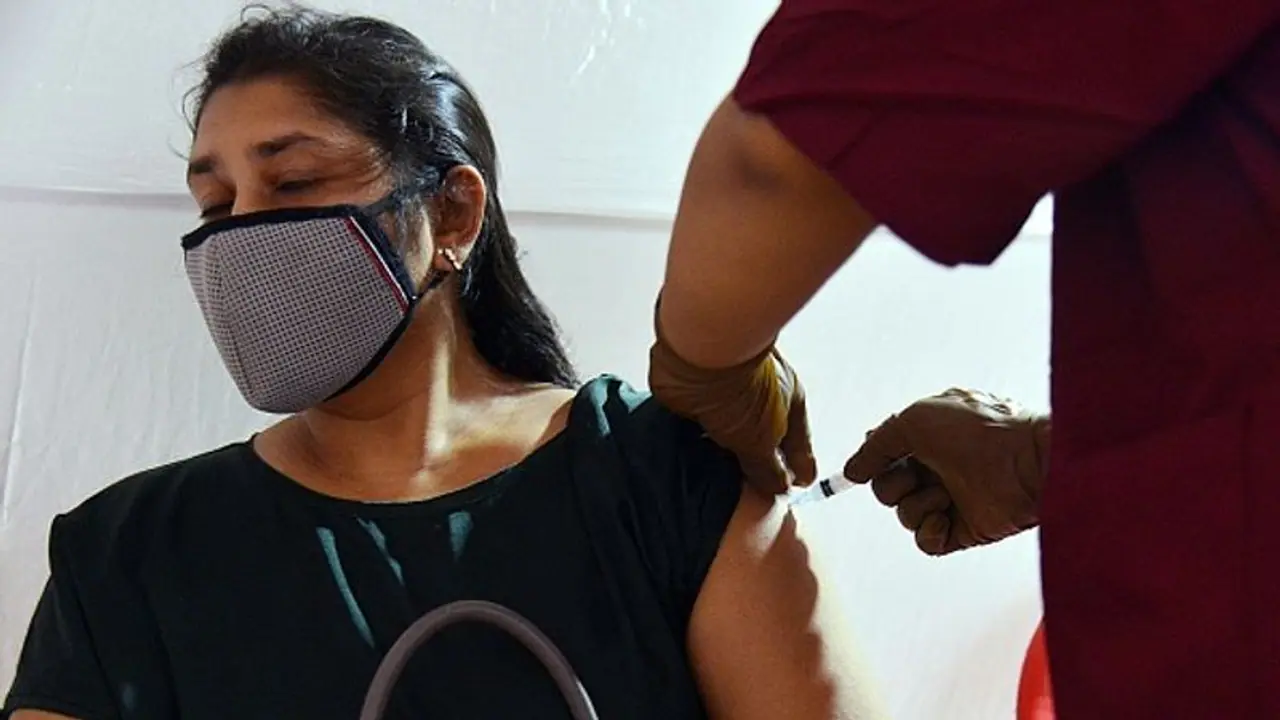The Coronavirus variant first spotted in India, B.1.617, and its lineage B.1.617.2 have high transmissibility which is almost fifty percent more than B.1.1.7 or the Alpha variant.
A recent report by INSACOG, the consortium of labs undertaking genome sequencing in India, and the National Centre for Disease Control have analysed the reason why the second wave of COVID-19 pandemic in India was so lethal.

According to this committee, the B.1.617.2 or the Delta variant of the virus is a highly transmissible VOC or Variant of Concern, and this could be attributed as one of the primary causes of the second wave.
The Coronavirus variant first spotted in India, B.1.617, and its lineage B.1.617.2 have high transmissibility which is almost 50 per cent more than B.1.1.7 or the Alpha variant.
What is the Delta variant?
There are many mutated strains of COVID-19 and among them is the B.1.617 lineage which originated in India. The Delta version is a sub-lineage of this strain and is more transmissible.
The World Health Organisation had named the B.1.617.1 and B.1.617.2 variants as 'Kappa' and 'Delta' respectively. The organization introduced new nomenclature for various variants using Greek alphabets to simplify public discussions and to remove the stigma from the names. The announcement came after India objected to the mutant virus being called "Indian Variant".
The World Health Organization has categorized it as a Variant of Concern when it was associated with an increase in virulence, increased transmissibility or detrimental change and a decrease in the effectiveness of public health measures, diagnostics, medicines, and vaccines.
Why is Delta a Variant of Concern?
To understand why the Delta variant is a VOC we need to understand the structure of the COVID-19 virus which is an RNA virus. They are made with 30,000 base pairs of amino acids which are placed like bricks next to each other. So, any mutation caused by the change of base causes the virus to change its shape and behaviour.
The Delta variant contains many such mutant strains and one of them is the L452R which was first reported in Denmark and this was more transmissible than the other wild strains and they have been linked to reduced antibody and vaccine efficacy.
There was another mutation of this called P681R which had enhanced transmissibility. First reported in the US, the variant D614G was initially spread in Europe and even this mutation spread really fast. T478K variant of Delta was first reported in Mexico last year and was also reported as a highly transmissible variant.
What do the recent reports say?
Public Health England said that according to experts, Delta has now overtaken Alpha (First detected in the Kent region of England) as the VOC. PHE suggests that there is an increased number of hospitalizations owing to Delta compared to the Alpha cases, though the national trends are not clear yet.
What about the efficiency of the vaccines?
This pervasive variant of the coronavirus in India was found to be the reason for nearly three in four breakthrough infections in Delhi, as per the report by scientists in Delhi.
Moreover, as reported by the journal Lancet, those fully vaccinated with the Pfizer-BioNTech vaccine are likely to have more than five times lower levels of neutralising antibodies against the Delta variant.
Moreover, the levels of these antibodies are lower with increasing age, and that levels decline over time.
NOTE: Asianet News humbly requests everyone to wear masks, sanitize, maintain social distancing and get vaccinated as soon as eligible. Together we can and will break the chain #ANCares #IndiaFightsCorona
